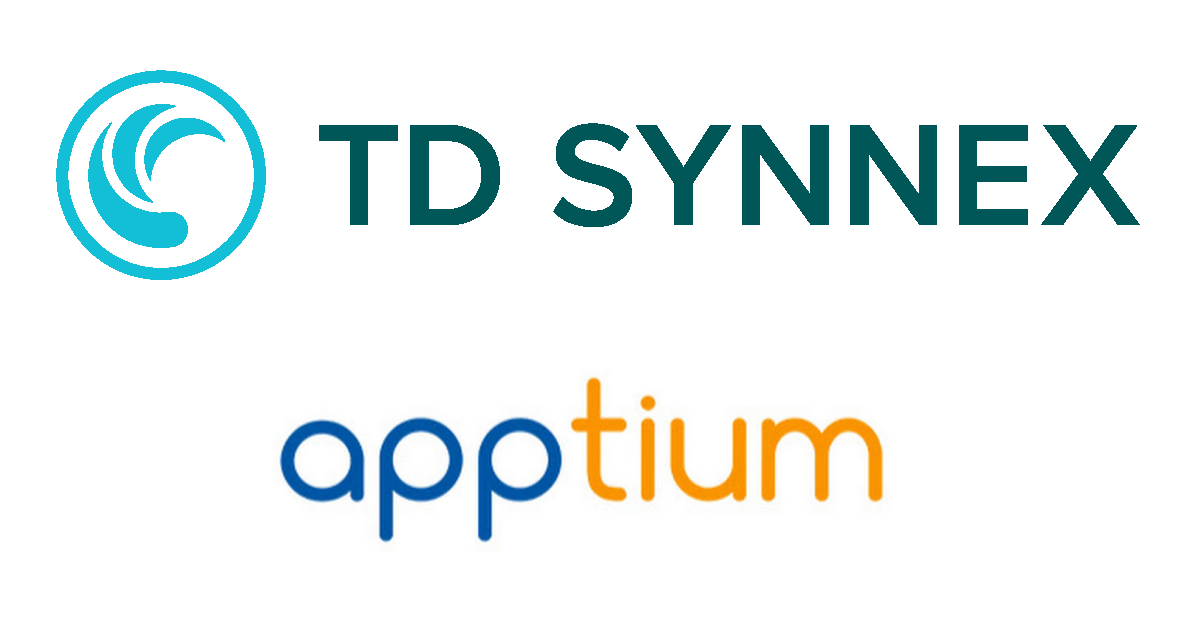
A recent study conducted by Arctic Wolf provides a perspective on the current state of AI adoption among security leaders. The study, based on insights gathered from more than 800 senior IT and cybersecurity decision-makers at enterprise organizations across North America and the United Kingdom, delves into the perceptions and expectations surrounding AI when it comes to cybersecurity.
Despite the hype surrounding the potential of AI that we're hearing about continuously today, the study found there is a very cautious approach being taken. In fact, despite acknowledging the superiority of AI in threat identification, security leaders responded that they are treading carefully when it comes to integrating advanced AI technologies into their cybersecurity frameworks.
According to the study, when it comes to the allocation of resources, only 22% of organizations said they are designating the majority of their cybersecurity budget to AI-powered solutions. However, 64% of organizations did say there is a high likelihood they will be incorporating AI-centric technologies or solutions in the coming year.
The study also found that 61% of leaders are confident in AI's ability to surpass human capabilities when it comes to identifying threats. A key advantage, according to 46% of respondents- is automation—specifically, the streamlining of response actions and the automation of repetitive tasks. This makes for a swift response to emerging cybersecurity challenges. Beyond what is possible from human work alone.
However, humans remain integral to the equation. Despite nearly 40% of respondents expressing concerns about their teams lacking the technical staff and skills necessary to oversee AI solutions, a slim majority of 52% believe that the cybersecurity outcomes facilitated by AI tools will prove to be more cost-efficient than those achieved by human counterparts.
There was a notable lack of confidence in large language models (LLMs) among executives who were surveyed. Just 13% of respondents said harnessing LLMs can provide context to existing data as a primary advantage of AI in their cybersecurity tools. A majority of those surveyed said human analysts still surpass LLMs and other AI technologies in articulating the context of threats.
“This survey reveals that the role artificial intelligence will play in enhancing threat detection and response is undeniable, yet it is crucial to recognize that technology alone cannot protect businesses against modern threats,” said Dan Schiappa, Chief Product Officer, of Arctic Wolf. “As threat actors become more advanced, and leverage AI tools themselves, humans will have an essential role investigating novel attacks, explaining their context within their business, and most importantly, leveraging their knowledge and expertise to train the very AI and machine learning models that will become deeply embedded within next-generation cybersecurity solutions.”
Edited by
Alex Passett






